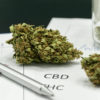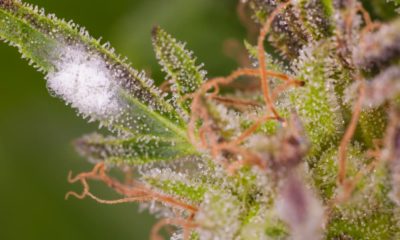After a string of recalls on cannabis products during the last quarter of 2015, the city of Denver has just released more than 28,000 previously recalled products back into the market.
The released products were primarily edibles manufactured by Colorado-based cannabis companies EdiPure and Gaia’s Garden.
“It’s a big deal when they say, ‘25,000 bottles are not safe,'” EdiPure spokesperson Kyle Forti said about last year’s recall on a number of EdiPure edibles.
“And then they say, ‘Actually they are OK,'” that means a lot for a business, and for consumers too.”
The original recalls were made after screening labs found trace amounts of pesticides not approved for use in cannabis cultivation.
Executive Order D2015-015, which was issued by Colorado Governor John W. Hickenlooper, outlines how state officials are supposed to deal with pesticides used in cannabis growth and the production of cannabis-derived products.
“Because marijuana remains a schedule I narcotic under the Controlled Substances Act, the EPA has neither assessed the potential health hazards posed by treating marijuana with pesticides, nor has it authorized the application of any pesticide specifically for use on marijuana,” the order said.
As a result, “the State of Colorado regulates pesticide use pursuant to the Colorado Pesticide Applicators’ Act.”
“When a pesticide is applied to a crop in a manner that is inconsistent with the pesticides’s label, and the crop is contaminated by that pesticide, it constitutes a threat to the public safety.”
The executive order (XO) goes on to say that any crop—including cannabis—that contains pesticides not approved for that specific crop should be confiscated and destroyed.
But now, officials in Denver say the order isn’t binding.
“What the governor’s XO does is give advice and guidance to state agencies, which is great,” said Dan Rowland, a spokesperson for the Denver’s Office of Marijuana Policy.
“It’s certainly guidance and advice that we can use. Obviously we looked at it, and it’s good to see that information out there.”
But in the end, they decided not to destroy the edibles.
In fact, after further review of the recalled products revealed that there were only trace amounts of the pesticides present, it was determined that they were still safe for human consumption.
“They wouldn’t otherwise,” Rowland said, commenting on the safety of the released edibles. “While there may be residues still present, they’re below that standard we’ve developed .”



















